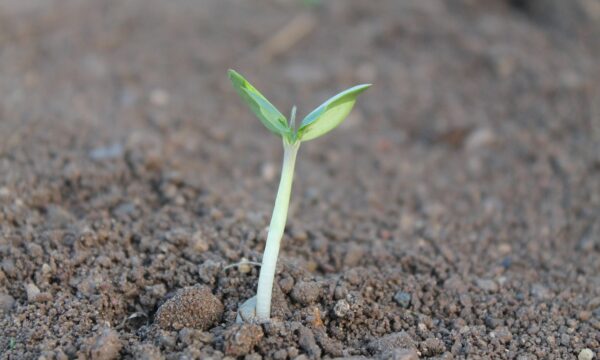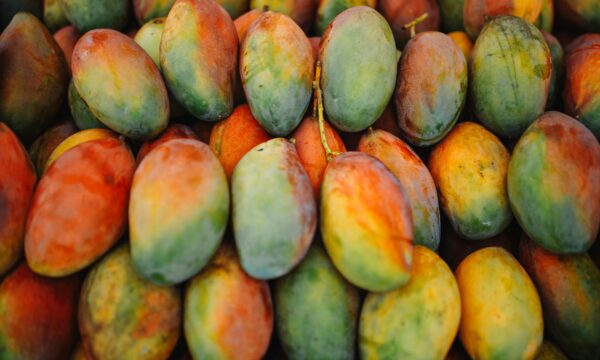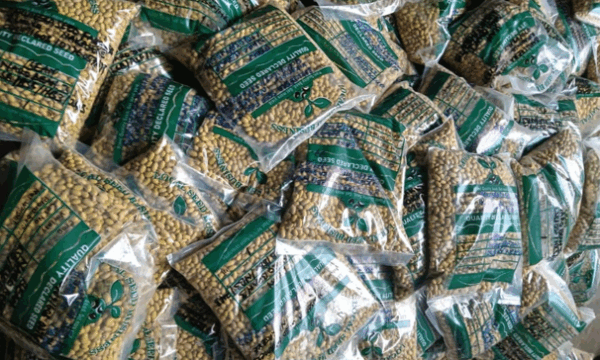The University of Illinois has received a five year, $25 million grant from the Bill & Melinda Gates Foundation to improve the photosynthetic properties of key food crops, such as rice and cassava. The project, entitled ‘RIPE- Realising Increased Photosynthetic Efficiency’ has the potential to benefit farmers by improving the productivity of staple food crops. Increasing photosynthetic efficiency has the potential to increase yields and reduce the use of irrigation and fertilisation, however to date there has been limited research on photosynthetic properties of crop plants. The University of Illinois research team will apply recent advances in photosynthetic research, model simulations and crop bioengineering to the RIPE project. Stephen Long, the Project Director and Professor of Crop Sciences and Plant Biology at Illinois said:
“The UN Food and Agriculture Organisation predict that the world will need to increase staple crop yields by 20% by 2050. Photosynthesis promises a new area, ripe for exploitation that will provide part of the yield jump the world needs to maintain food security”

Women over look cassava harvesting in Nigeria, the largest producer of cassava © IFDC Photography, via Flickr (License CC-BY-NC-SA 2.0)
The University of Illinois is a key organisation in the improvement of crop varieties through plant breeding and biotechnology, with other projects including research at the
National Soybean Research Laboratory (NSRL) in managing soybean pests and diseases and the American Recovery and Reinvestment Act PETROSS program, which is engineering improved photosynthesis in sugarcane and sorghum.
Cornell University has also recently received $25 million funding from the
Bill & Melinda Gates Foundation for a five year cassava (
Manihot esculenta) breeding project. Through the
Next Generation Cassava Breeding project, Cornell University and five partners- the
National Crops Resources Research Institute in Uganda, the
National Root Crops Research Institute in Nigeria, the
Boyce Thompson Institute for Plant Research at Cornell, the
International Institute for Tropical Agriculture and the
U.S. Department of Energy’s Joint Genome Institute in aim to improve cassava productivity and yields. The partnership will also work to train the next generation of cassava breeders and hold workshops for farmers, academics, researchers and policy makers. Scientists on the
Next Generation Cassava Breeding project are using a plant breeding method called genomic selection (GS) that relies on statistical modelling to simulate cassava performance before field testing. Currently a long generation time and poor flowering and seed set constrain cassava improvement; however this project aims to address these issues by developing methods to increase flowering and seed set in cassava and improving infrastructure capacity to enable these technologies to be used in cassava breeding programs across Africa. Using genomic selection, it is expected that new cassava varieties will be available by 2018. An important part of the project is the
cassava database that the
Next Generation Cassava Breeding project scientists are developing to store genotypic and phenotypic data as a bank of knowledge for breeding programs. This project is set to have an important impact on Africa’s smallholder farmers who currently produce over 50% of the world’s cassava, primarily as a food source and as animal feed. Cassava is a major staple food crop across the tropics and subtropics and supports around 500 million people in the developing world.
References
‘New $25 million grant will improve cassava breeding’, November 2012, Cornell University





